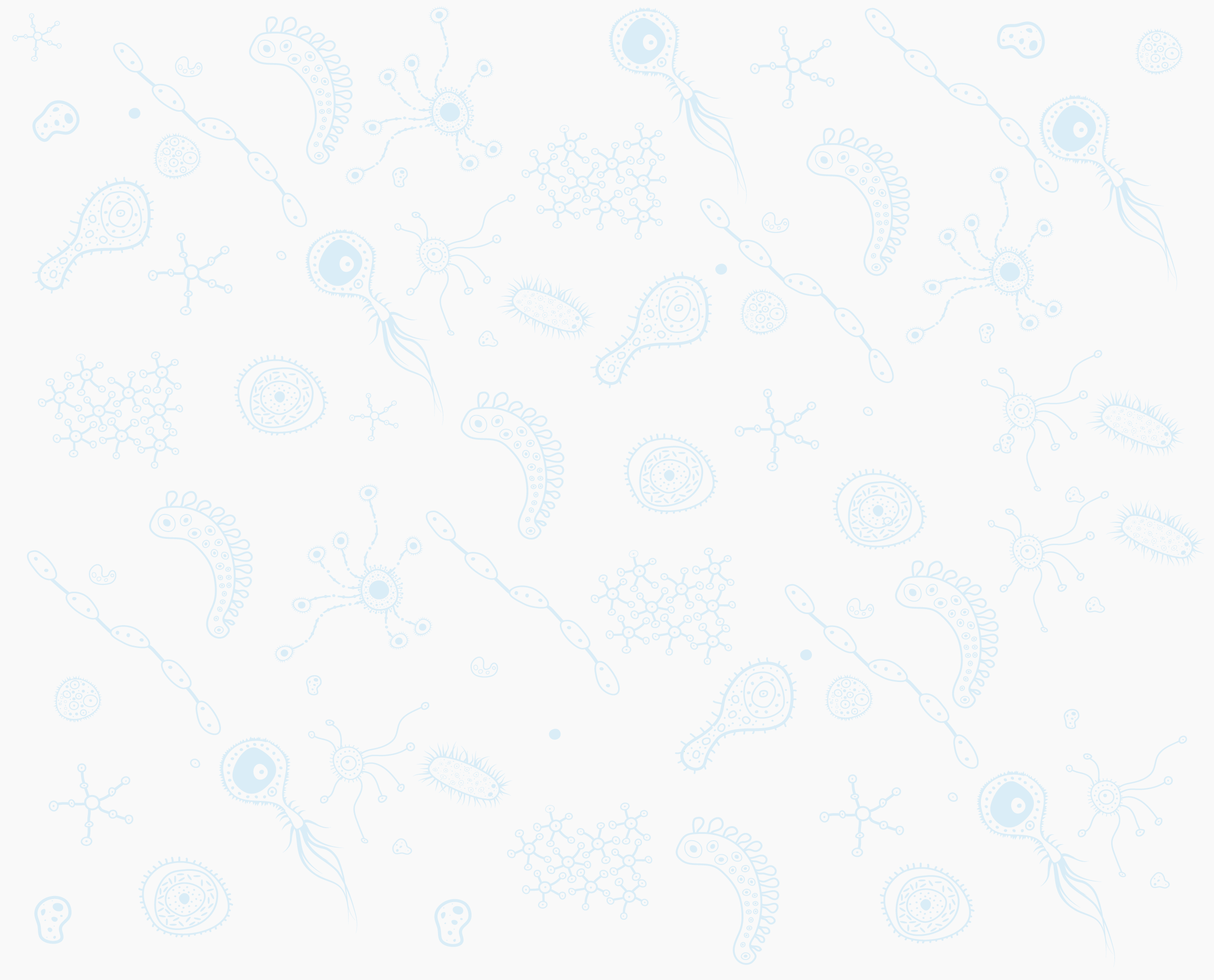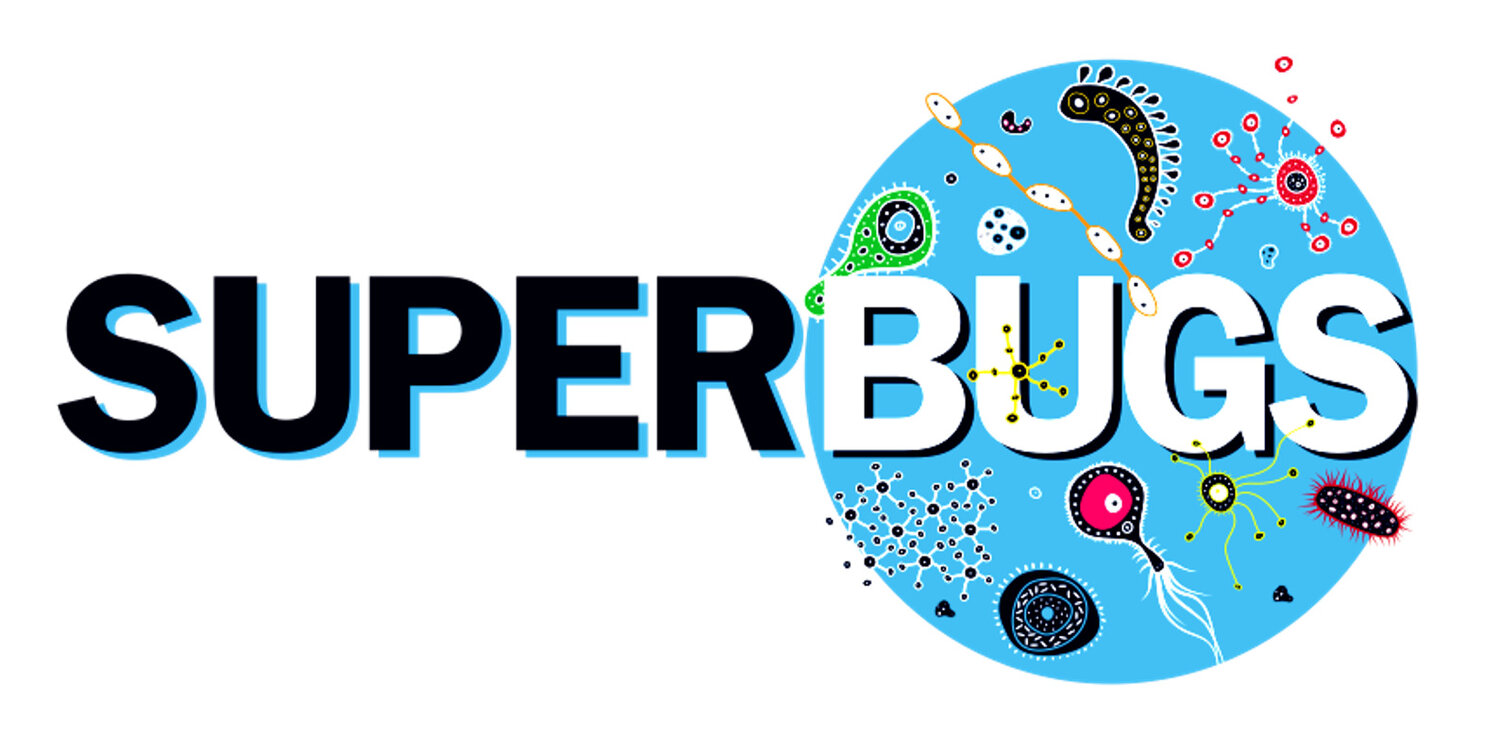
So What is Immunology?

What we can do to fight infections.
In our adventure trail so far, you have learned about microbes, how they can cause disease and how they can become resistant to antibiotics. 🦠🤒💊
If we want to contain the spread of infections and improve the quality of life for everyone, there are several relatively simple things that we can all do. They may sound easy but on a global scale they can be challenging to achieve, especially in low and middle income countries:
Access to clean water 🚰
Improved hygiene for humans and for livestock 🛁
Better and faster diagnosis of suspected infections 🔬
Targeted treatments including novel antibiotics 👩🏽🔬
Better use of existing antibiotics 💊
And, last but not least, vaccination against preventable diseases 💉
To be able to understand vaccines we first need to take a look into what the immune system is and what it does.
What is immunology?
Immunology is the study of the immune system.
The immune system protects us from infection through various lines of defence. Being ‘immune’ literally means being protected against disease — as a result of a previous infection of the same type or from vaccination.
From Edward Jenner’s pioneering work in the 18th century that would ultimately lead to modern vaccines (an innovation that has probably saved more lives than any other medical advance), immunology has changed the face of modern medicine.
Immunology continues to improve our understanding of how to diagnose and treat health issues ranging from infection and inflammation to allergies and autoimmunity (when your immune system attacks your own organs), and even conditions like cancer, heart disease and dementia.
The immune system
The immune system is a complex system of structures and processes that has evolved to protect us from disease, especially from infections caused by viruses, bacteria and parasites. 🦠🪱
The function of the molecular and cellular components that make up the immune system is divided into mechanisms that are innate (inborn) to an organism, and responses that are adaptive to specific pathogens.
Find out here about innate immunity.
Find out here about adaptive immunity.
To understand the role of the immune system better, click on the photo below to watch an excellent video on Vimeo (opens in a new window).
The Innate and Adaptive Immune Systems - Vaccine Makers Project.
Click here or on the image above to watch the video.
➡️ Vaccination
Find out what vaccines are and how they work



